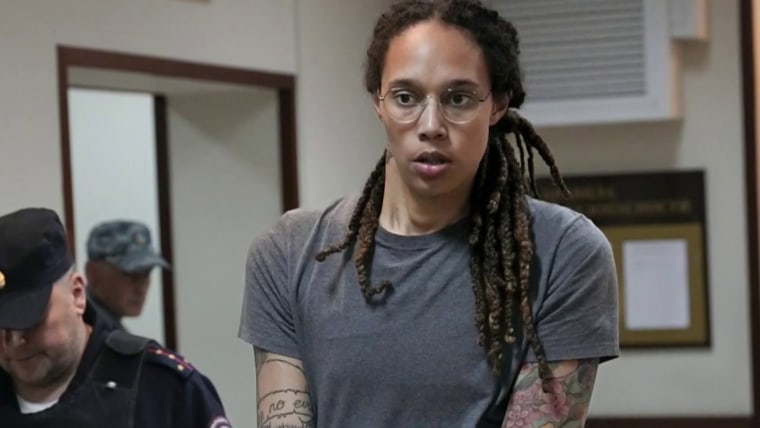Federal judge upholds W.Va. law that bans trans youth from female school sports teams
U.S. District Court Judge Joseph Goodwin for the Southern District of West Virginia ruled last Friday that the ban on transgender athletes competing in female school sports that Republican Gov. Jim Justice signed into law in 2021 is constitutional.
“I recognize that being transgender is natural and is not a choice,” Goodwin wrote in his decision. “But one’s sex is also natural, and it dictates physical characteristics that are relevant to athletics.”
The ruling came in the lawsuit challenging the ban filed by Lambda Legal, the American Civil Liberties Union, the ACLU of West Virginia and Cooley LLP on behalf of then 11-year-old Becky Pepper-Jackson, the plaintiff in the lawsuit.
When the suit was filed, Josh Block, senior staff attorney with the ACLU LGBTQ and HIV Project said: “Becky — like all students — should have the opportunity to try out for a sports team and play with her peers. We hope this also sends a message to other states to stop demonizing trans kids to score political points and to let these kids live their lives in peace.”
West Virginia Attorney General Patrick Morrisey applauded the decision.
“This is not only about simple biology, but fairness for women’s sports, plain and simple,” the attorney general said. “Opportunities for girls and women on the field are precious and we must safeguard that future.”
NPR and the Associated Press reported the plaintiff’s lawsuit did not challenge whether schools should be allowed to have separate sports teams for males and females, and Goodwin was tasked with determining whether the Legislature’s definition of the terms “girl” and “woman” is constitutionally permissible. The Save Women’s Sports Bill signed by Justice says they mean anyone assigned the female gender at birth.
“The Legislature’s definition of ‘girl’ as being based on ‘biological sex’ is substantially related to the important government interest of providing equal athletic opportunities for females,” Goodwin determined.
The judge also rejected the plaintiff’s claim that the state law violated Title IX, the landmark gender equity legislation enacted in 1972.

